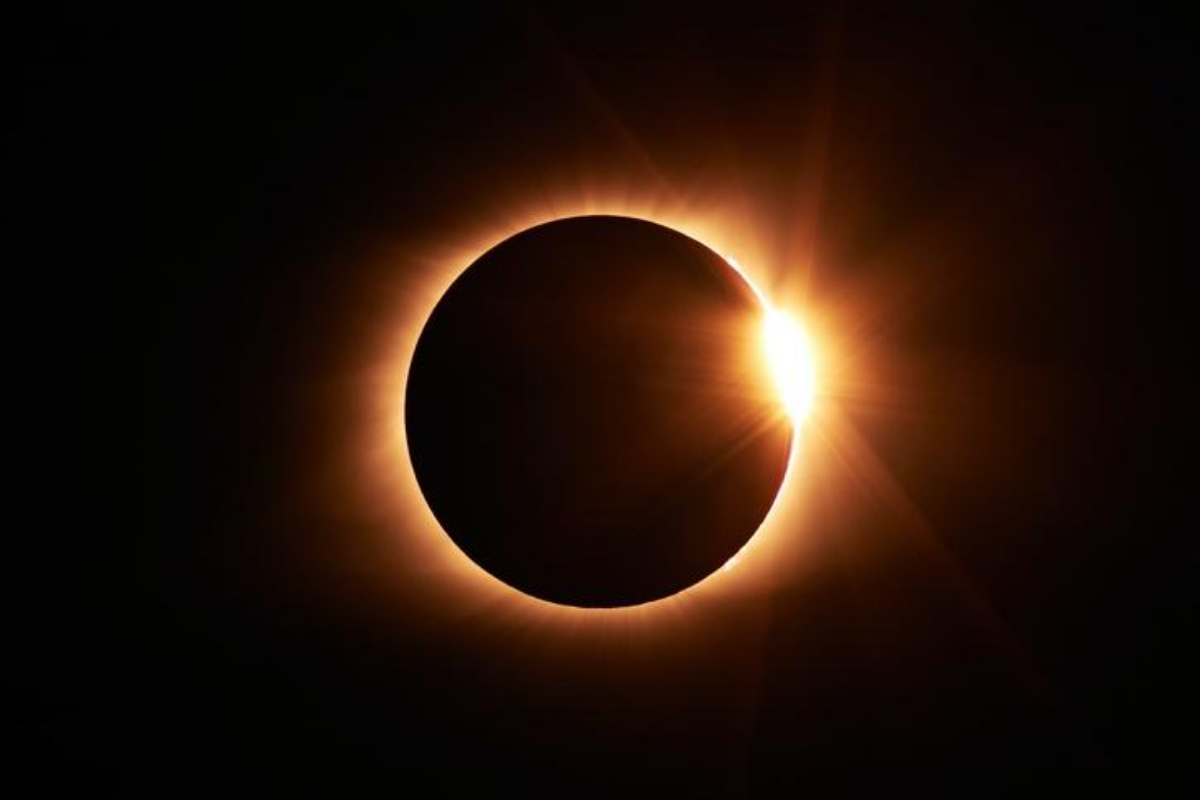Solar eclipses can promote collective feelings: study

Solar eclipses can promote collective feelings: study
- Scientists believe that a solar eclipse can foster psychological traits.
- Researchers gathered Twitter data from 2,891,611 people for this investigation.
- Findings showed that those in the path of the eclipse showed greater prosociality and wonder.
Solar eclipses are the subject of much folklore. Scientists now contend that a solar eclipse event can foster psychological traits thought to be essential to social cohesion.
Such events may have observable social impacts, according to the study. Researchers discovered that those who experienced a solar eclipse up close and personal were less self-centered and more pro-social than people who missed out on the eclipse’s full splendor.
These things have a way of becoming extremely communal experiences. Have you ever seen horrifying depictions of a meteor striking Earth, followed by everyone on the world dropping everything to watch the drama unfold from the streets? It all comes down to that.
In the wake of the 2017 North American solar eclipse, this study aimed to assess group dynamics, wonder, and individual vs. group focus. In two investigations, researchers gathered Twitter data from 2,891,611 people for this investigation. Information from Tweets sent between August 17 and August 23, 2017, was used in the first study.
They discovered that despite the fact that none of these individuals were in the same location, their Tweets sought to express “prosociality, humility, self/collective concentration, and wonder.”
The researchers looked at Twitter data for people in three significant metro regions before, during, and after the eclipse for the second study.
The findings showed that those in the path of the eclipse showed greater prosociality and wonder. According to the initial survey, persons who live in the eclipse zone report experiencing more amazement than those who do not. The second study found that in the same group, the use of awe-inspiring terms rose during the eclipses as compared to before and after.
Also Read
Read More News On
Catch all the Business News, Breaking News Event and Latest News Updates on The BOL News
Download The BOL News App to get the Daily News Update & Live News.